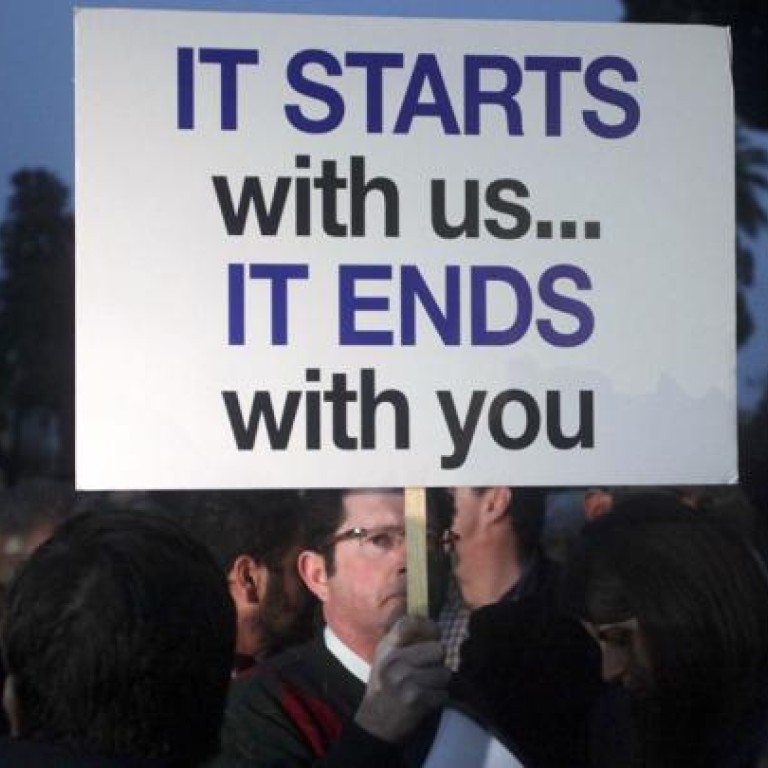
Who will rescue Cypriot banks - the EU or Russia?
What started off as a botched rescue of the banking system in Cyprus has morphed into geopolitical brinkmanship between Russia and the European Union. It now looks like a fight over who will bail out the oligarchs and other rich depositors from Russia who put their money in high-interest-paying offshore accounts in Cypriot banks, which face collapse.
What started off as a botched rescue of the banking system in Cyprus has morphed into geopolitical brinkmanship between Russia and the European Union. It now looks like a fight over who will bail out the oligarchs and other rich depositors from Russia who put their money in high-interest-paying offshore accounts in Cypriot banks, which face collapse.
After the Cypriot parliament voted down the EU-backed rescue package early this week, its government went hat in hands to Moscow to beg for alternative funding.
The rescue plan, which has been widely condemned, actually makes a lot of sense. Its estimated €10 billion (HK$100 billion) is small change compared with other recent banking bailouts in the euro zone. But the European Union and the International Monetary Fund, for obvious reasons, did not want to bail out the large depositors. Many of these rich Russians were attracted to Cyprus by its offshore banking hideaway that took their money with few questions asked about their provenance. So the Europeans insisted on a huge levy on larger depositors to fund parts of the rescue package.
But in an apparent desperate and foolish attempt to shore up its offshore banking status, the Cypriot government went after the small depositors as well - those holding less than €100,000, which is protected under deposit insurance. If everyone paid, its assumption went, the rich Russians would pay less and might still stay with the banks. Cypriots rightly rejected the deal, forcing their government to go to Russia. Dmitry Medvedev, Russia's prime minister, predictably denounced the EU for its "expropriatory, confiscatory" measures and has so far offered nothing in return.
He may have no choice but to cough up new rescue funds to help those well-connected Russian depositors. Cyprus is such a small part of the euro-zone economy that the Europeans may conclude the risk of contagion is minimal and so pull the plug on its beleaguered banks.

